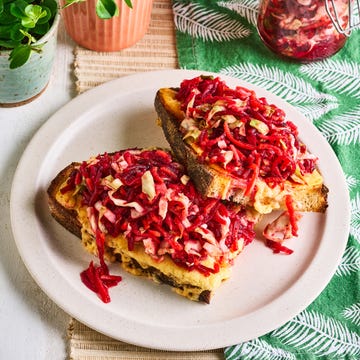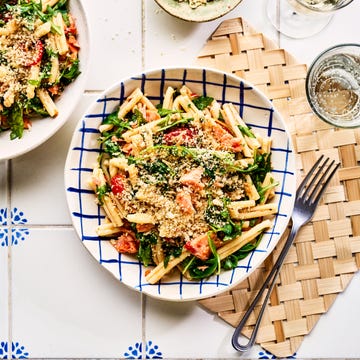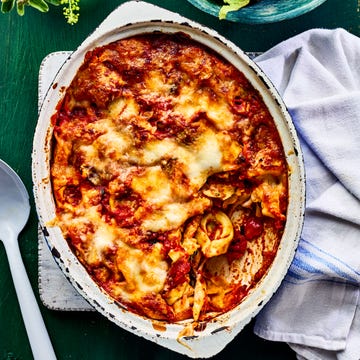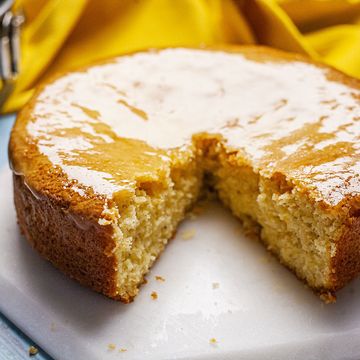Hugh Fearnley-Whittingstall has a thing about bagged salad. According to the chef and author, bags of salad leaves are being neglected in fridges across the country, and they simply don’t need to.
Speaking at GH Live, Good Housekeeping’s annual festival of food, books and celebrity talks, Hugh told the audience there’s a simple solution for that half-empty bag of rocket.
“Do you know what food we waste most of in the whole of the UK? Bagged salad,” he said, setting out his stall. ‘It looks lovely and crunchy on the shelf in the supermarket, so you take it home. [But] if you don’t eat it in the first couple of days, it starts with one slightly floppy leaf clinging to the inside of the plastic bag, looking a little forlorn, and you think: ‘I don’t want to eat that, it’s probably contaminated all the other leaves.’”
He’s got a point – we’ve all been there. And he reckons he’s also got a solution, too.
“Actually, maybe that salad has passed the moment where you want to put it in a bowl and dress it and crunch it, but everything in that bag can happily go in a soup or a curry. If you have something saucy, it really, really can [be put to use].”
Pointing out that items in salad bags, such as rocket and baby spinach, are brassicas, he made the case for stirring them into soups, stews and curries to avoid the waste.
‘Yes, I actually am going to put lettuce in a curry – and so will you and you’ll thank me,’ he said.
“I’m putting my leftover bagged salad straight into a vegetable curry; I’m stirring it into my dal. Go for it.”
So how do you know when a bag of salad is well past it’s sell-by date and not just a little floppy?
Good Housekeeping’s food editor Emma Franklin reckons an open bag of salad can last up to two days.
‘A little bit of wilting or browning is fine. But if it’s damp to the touch, then don’t use it,’ she advises.
Hugh Fearnley-Whittingstall’s latest book How To Eat 30 Plants A Week: 100 Recipes To Boost Your Health And Energy is out now BUY NOW













